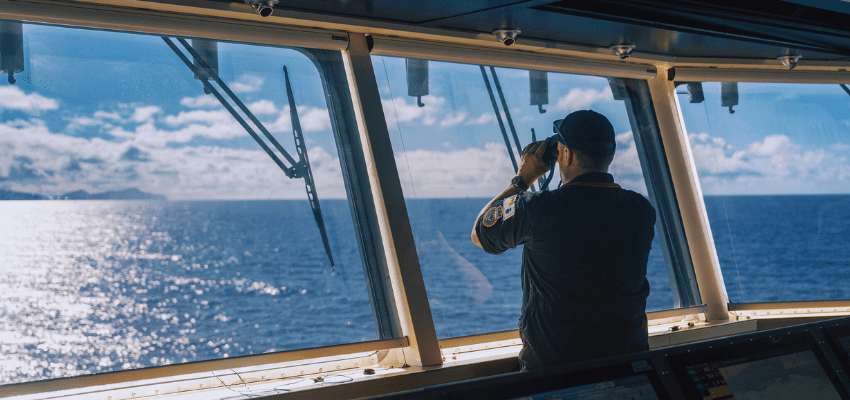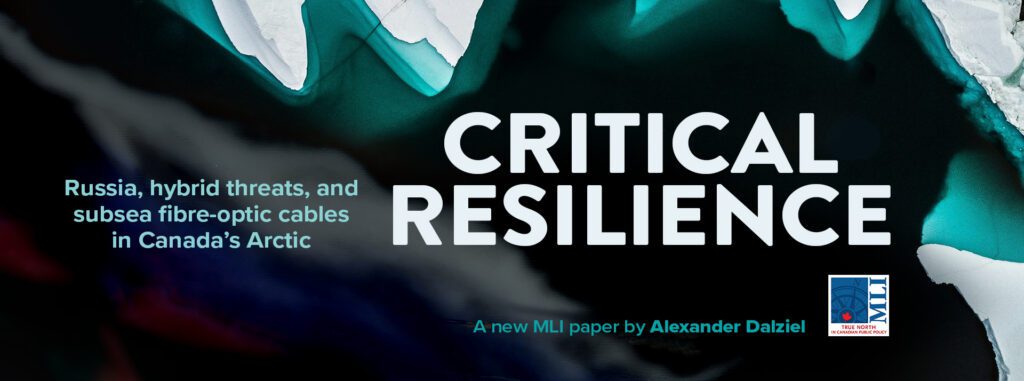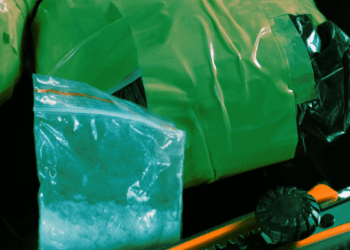This article originally appeard in Pacific Forum.
By William Winberg and Stephen Nagy, July 24, 2023
While there has been much criticism of NATO and its lack of purpose in the post-Cold War period, the conflict in Ukraine has breathed new life and legitimacy into the organization. For example, traditionally neutral Finland and Sweden joined its ranks in response to Russia’s invasion of Ukraine. The outbreak of the war has proved a rude awakening for a Europe that somehow did not see, or take seriously enough, the warnings of the 2008 war in Georgia and the steadily deteriorating situation in Ukraine from 2014 onwards.
The shock of February 2022 has resulted in NATO countries awakening to the potential of a conflict in the Indo-Pacific region, where antagonistic states such as China and North Korea, together with Russia seem determined to undermine the current international order, based on the rule of law, that has ensured so much of the region’s prosperity.
These developments make it clearer than ever that peace and stability is not to be taken for granted. Furthermore, it is irresponsible to rely on the United States to be the sole guarantor of the international order based on the rule of law when smaller countries can also influence the trajectory of history positively—as long as they manage to work together and form a bulwark against powers that threaten the peace.
In the context of AUKUS, Tom Corben and William Greenwalt argue that for the partnership to reach its full potential, it must be able to house cooperation on key aspects of defense. Key to their argument is that, in addition to the two pillars of cooperation under AUKUS—(1) conventionally armed, nuclear-powered submarines and (2) advanced capability development—there needs to a be a third pillar ensuring export control reforms to enable meaningful and speedy cooperation between the three countries.
For the US, involvement in the Indo-Pacific is not limited to AUKUS. For instance, in the case of NATO, there are the so-called Asia-Pacific partners (AP4), a grouping of Australia, Japan, New Zealand, and South Korea, which much like AUKUS is becoming increasingly important as a platform for cooperation and coordination in the Indo-Pacific region.
In South Korea, the perception of NATO as a key partner is increasingly evident as the country realizes there are more threatening developments in the Indo-Pacific region than its belligerent neighbor. Likewise, in Japan, under its flagship free and open Indo-Pacific vision, NATO is seen as an essential framework to secure support from like-minded nations wary of threats to the international order. This is especially evident given the recent signing of a partnership between Japan and NATO. A potential second iteration of the Trump presidency adds to the sense of urgency that countries like South Korea and Japan cannot only anchor their security in their respective decades-old alliances with the US. Japan is readily working toward diversifying and deepening its relations with other like-minded countries, exemplified by the recently agreed-upon defense collaboration with Italy and the UK to build the next generation of jet fighter, together with a break with the restrictive post-war arms export regime.
Cobern and Greenwalt’s argument may be expanded upon by extending beyond AUKUS to the larger framework of NATO and its partners in the AP4. While AUKUS represents a partnership consisting of three countries institutionally, legally, and politically compatible to an extent that the AP4 is not, this does not mean by default that the logic of a third pillar cannot translate to the AP4 framework to some extent.
Issues where cooperation could be significantly enhanced include proactively working to preempt disinformation campaigns originating from countries that belong to the “Axis of Upheaval”—China, Iran, North Korea, and Russia—who seek to damage the legitimacy of the rules-based international order in favor of one based on “might is right.” Concerns regarding generative AI have led Japan’s digital ministry to adopt a proactive stance on combating disinformation aimed at the country, perhaps best exemplified by its policy of Data Free Flow with Trust launched in 2019.
In a similar vein, cyber security cooperation becomes ever more important as society finds itself increasingly dependent on its evolving digital infrastructure. This is especially pressing in the context of the emerging US-China rivalry in the Indo-Pacific region as middle powers in the area struggle to forge cohesive partnerships when it comes to cooperating on strengthening cyber security. Meanwhile, North Korea is allegedly funding its nuclear arms project through its extensive usage of cyber-attacks.
Recently, NATO has recognized the threat of what it labels emerging and disruptive technologies to peace and stability. Such technologies include rapidly evolving and novel developments within the fields of AI and autonomous systems, hypersonic systems, the use of space, and communications systems. All of which can be—and have been, in the context of Ukraine—used with devastating results at the hands of aggressive states.
Another area of potential cooperation would be conventional arms production—a matter of urgent concern for NATO. Former US President Trump raised the eyebrows of some and put fear in others through his frequent critiques of NATO allies and their failure to meet military spending quotas. While the fear of abandonment and uncertainty produced by these statements is damaging—especially to perceptions of the US—it points to an issue we can see play out in real time as liberal countries supportive of Ukraine struggle to offer more than generous financial aid to the war-torn country currently running short on munitions. Cooperation and coordination on the production of legacy munitions between NATO and AP4 could prove key in preventing but also preempting challenges to the status quo in the many potential flashpoints in the Indo-Pacific region.
The AP4 includes four nations at the very forefront of political instability and economic disruptions that would be caught in the fallout of any major conflict in the Indo-Pacific region. Alone, they cannot to present any significant resistance to major challenges to the status quo in the region, but with reliable partners and meaningful cooperation, they pose a much better chance in avoiding an Indo-Pacific repeat of the disruptive events seen in Eastern Europe.
Although the AP4 may not be able to reach a level of cooperation possible within a smaller framework consisting of similar countries—as with AUKUS—it could very well provide an avenue for coordination on various issues that are, in some sense, on a lower level but still invaluable for strengthening the coalition upholding the international order based rule of law in a time where it faces unprecedented levels of potential threat, both from outside and inside.
William Winberg (g269706k@icu.ac.jp) is a PhD Candidate at the International Christian University and intern for the Yokosuka Council of Asia-Pacific Studies.
Stephen Nagy (nagy@icu.ac.jp) is a Professor at the Department of Politics and International Studies at the International Christian University. Concurrently, he is a visiting fellow with the Japan Institute for International Affairs.







